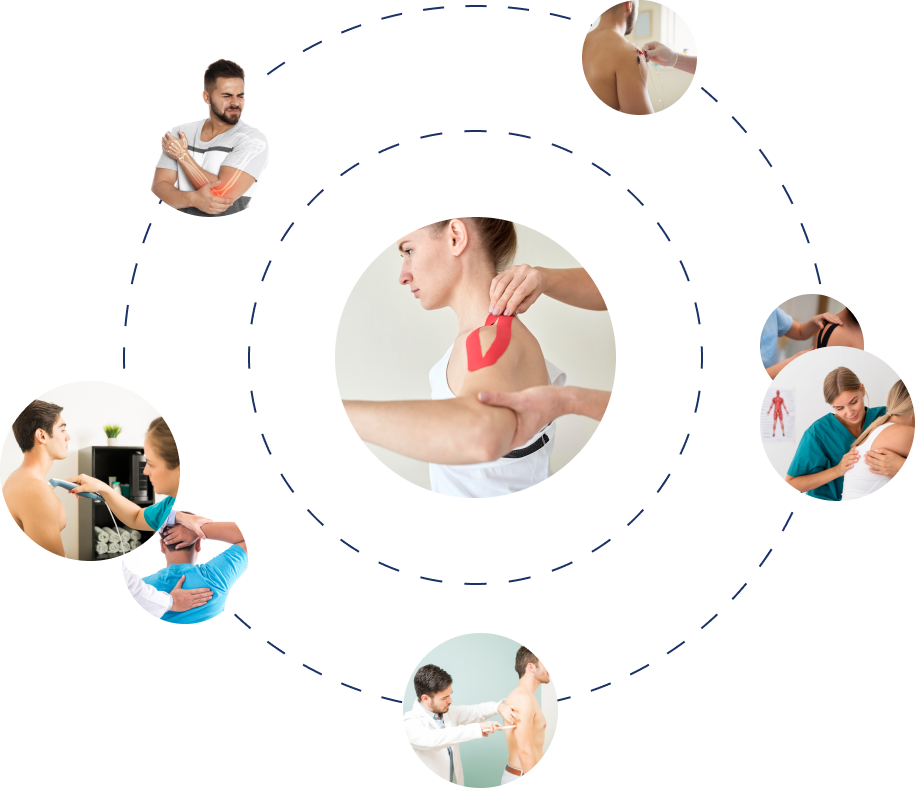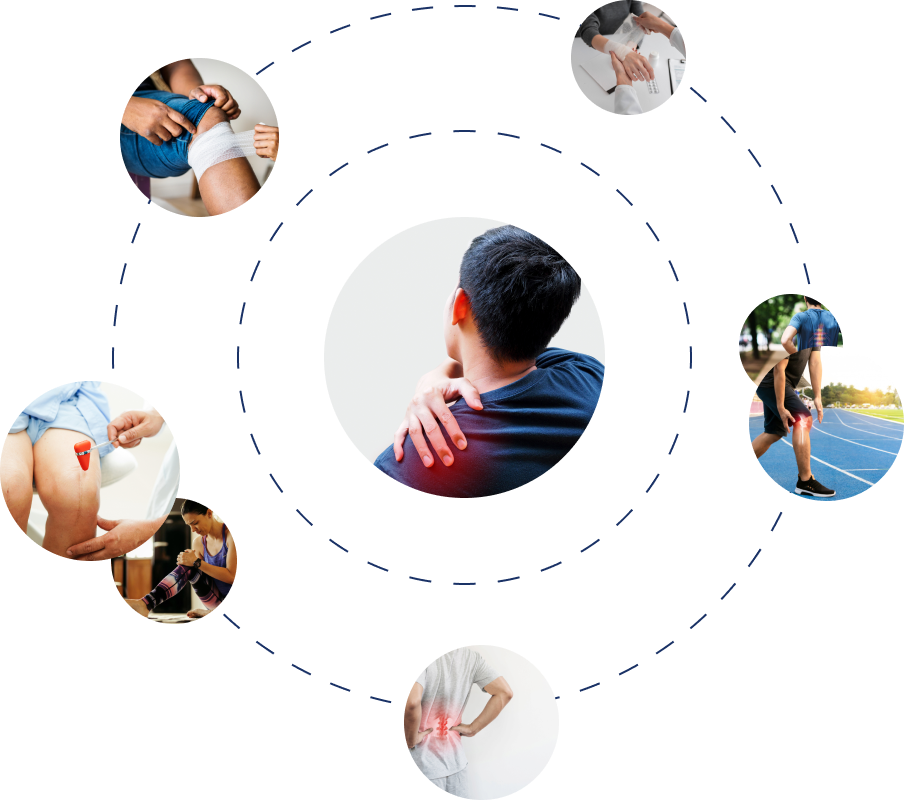Sleep should be restful, comfortable, and rejuvenating. Yet, many are lacking the necessary amount of sleep for top productivity. Why?
Many factors interrupt or hinder a good night’s rest – stress, insomnia, bad habits, and physical issues, such as rotator cuff pain. Yes, that is correct. Rotator cuff injuries can cause sleepless nights, although the body is at rest.
That said, the next obvious step is determining how to relieve shoulder pain at night.
Jump ahead to:
ToggleRotator Cuff Keeping You Awake?
The shoulder itself is one of the most powerful, dexterous joints in the body, but the rotator cuff makes all the magic happen. Made up of a group of muscles and tendons, the rotator cuff not only protects the shoulder joint, it also stabilizes and supports the dynamic movement of the arm.
Given its delicate structure, the rotator cuff is just as susceptible to injury as the entire shoulder joint. Injuries can be classified as either acute (tears or strains resulting from a sudden traumatic incident) or chronic (long-term injuries due to overuse and repetitive movements, impingement, and tissue degeneration). Both types have the potential to cause sleeplessness, as the rotator cuff is a common culprit of nightly shoulder pain.
Those who sleep on their sides are particularly prone to sleep disturbances due to rotator cuff pain. Especially those who sleep on the same side each night.
The constant stress and pressure on the tendons throughout the night can result in the following symptoms: dull to severe pain, stiffness, and inflammation. Changing positions and/or moving your arms up and down can intensify the symptoms.
Common Rotator Cuff Injuries Disrupting Sleep
- Bursitis: an inflammatory condition that occurs when the bursa (protective fluid-filled cushion found between bones, tendons, and muscles) becomes inflamed or irritated.
- Tendonitis: a result of inflamed or frayed rotator cuff tendons.
- Tears: due to degeneration and acute injuries, tendons may partially tear or become completely separated from the bone in which it was attached.
- Dislocations: occurs when the humerus (upper arm bone) partially or completely slips from the glenoid.
All deliver similar symptoms such as inflammation, various levels of shoulder pain, instability, stiffness, weakness, limited ROM, and snapping, cracking, or popping sensations. Worst of all, they all affect sleep.
How To Relieve Rotator Cuff Pain At Night
There are steps you can take in an effort to reduce nightly rotator cuff pain, and increase the number of Zs.
- Adjust sleeping position: lie on the unaffected side and add a pillow between your legs to ensure body alignment; consider sleeping in a reclined position; lie on your back with a pillow under the arm of the injured shoulder.
- Evening routine: for 15-20 minutes, ice your injured shoulder to reduce pain and inflammation before bed.
- Medication: 20-30 minutes prior to going to bed, take OTC pain medication (ibuprofen, naproxen, acetaminophen) to reduce pain.
- Alter activities: omit or decrease the activities that cause pain and irritation.
If your symptoms persist or worsen, and you’re still trying to determine how to relieve rotator cuff pain at night, it’s best to visit a medical professional or a reputable sports medicine specialist with your concerns.







